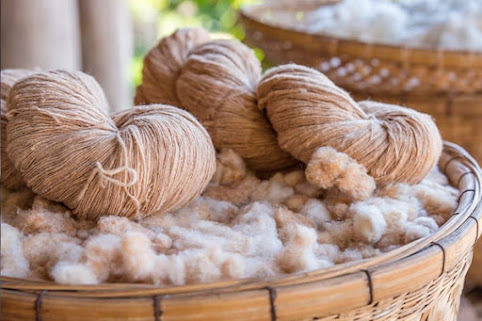Eco Fiber Market Growth: 2023, Size by Different Countries, Industry Trends, Revenue and Forecast to 2030

The eco fiber market refers to the global market for sustainable and environmentally friendly fibers used in various industries, such as textile, fashion, automotive, and construction. Eco fibers are produced using renewable resources and are designed to have a minimal impact on the environment throughout their lifecycle. They are often favored over conventional fibers due to their lower carbon footprint, reduced water consumption, and decreased use of chemicals and pesticides. Types of Eco Fibers : Organic Cotton: Organic cotton is grown without the use of synthetic fertilizers or pesticides, promoting healthier soil and water systems. It is softer and more breathable than conventional cotton and is widely used in the textile industry. Hemp: Hemp fibers are derived from the cannabis plant and have been used for centuries in various applications. Hemp is known for its strength, durability, and resistance to pests, reducing the need for chemical treatments. It is used in textiles,...


